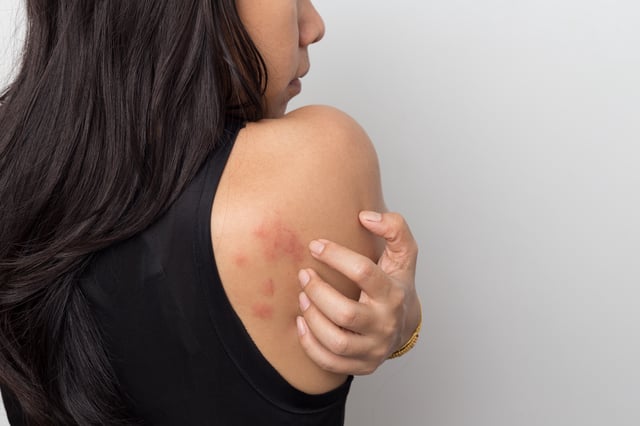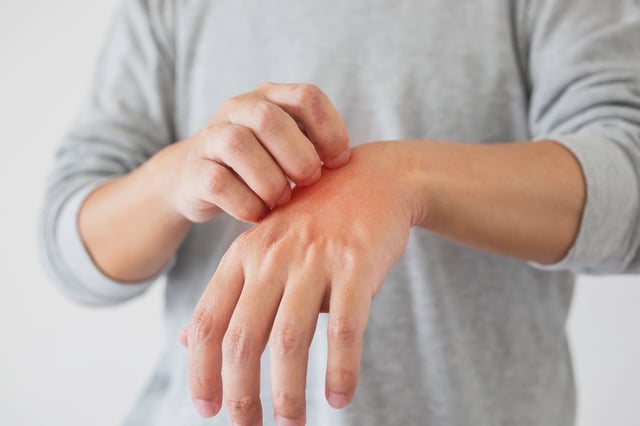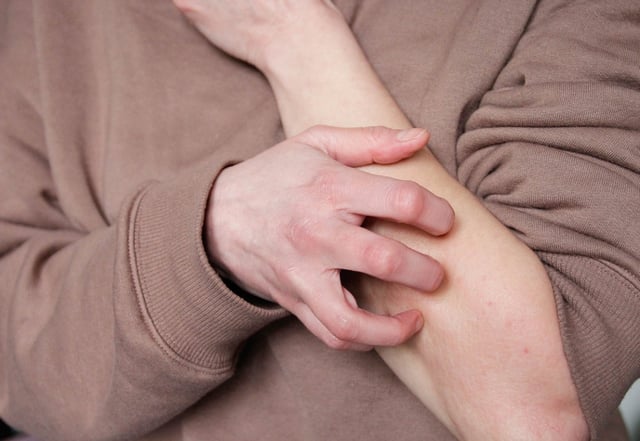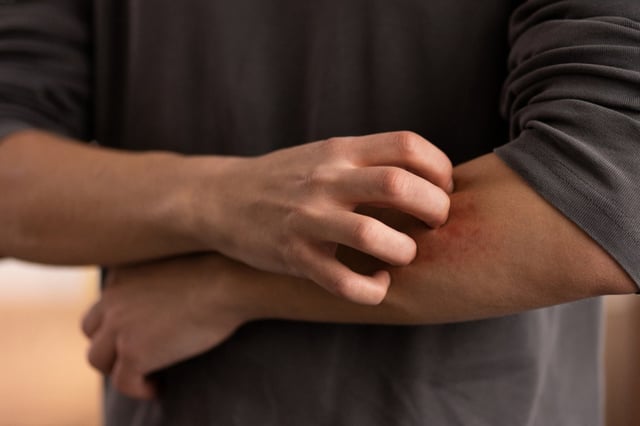Overview
- A University of Pittsburgh study highlights the dual effects of scratching, showing it exacerbates skin inflammation while also aiding in bacterial defense.
- Scratching triggers the release of substance P, activating mast cells that drive inflammation and intensify the itch-scratch cycle.
- The research demonstrated that scratching reduced levels of Staphylococcus aureus, a common skin bacterium, suggesting an evolutionary benefit in certain contexts.
- Findings suggest scratching's role as an evolutionary adaptation, balancing harmful inflammation with protective immune responses.
- The study opens pathways for developing new treatments targeting mast cell receptors to manage chronic inflammatory skin conditions like dermatitis.



